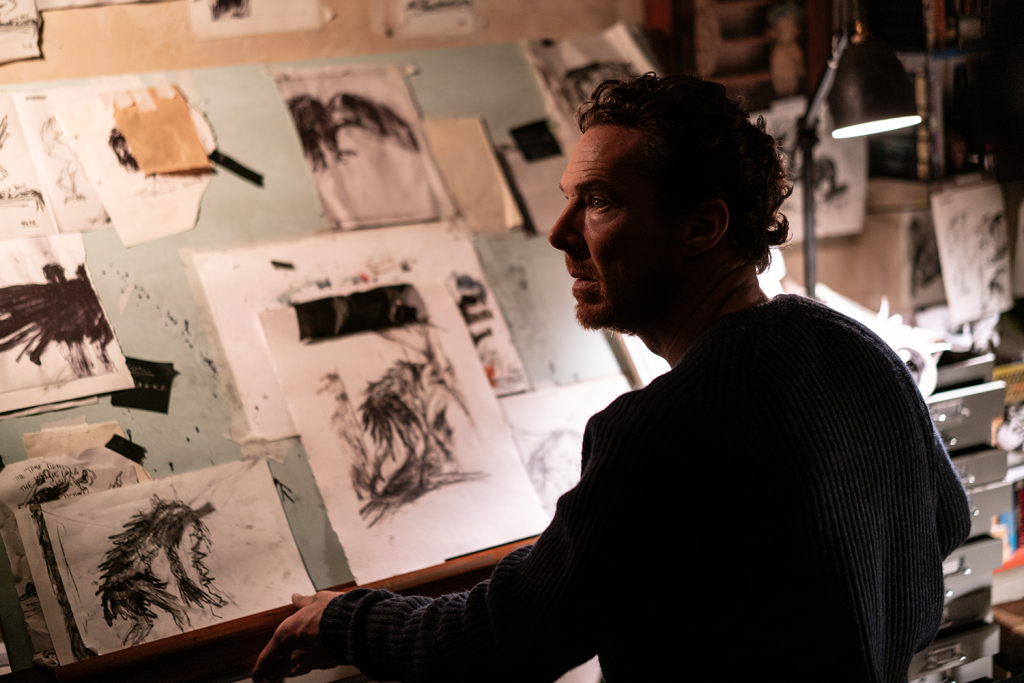Just hours after the US announced last week that it had reached an agreement between Russia and Ukraine to stop the conflict in the Black Sea, Moscow presented its conditions for this partial truce. Moscow said it would comply with the truce only when these stipulations are met. This list of demands Russia presented to the US is a classic example of the delay tactics the Kremlin likes to use. But it also provides a helpful glimpse at Russian decision-making and Putin’s world view.
The agreement, as hashed out between the US and Russia, is pretty hollow. America insisted Russia agreed to ensure safe navigation in the Black Sea, eliminate the use of arms and stop using civil vessels for military purposes. There is no mention of protecting Ukrainian ports from Russian attacks. Without that, the agreement simply tips the balance back in Russia’s favour: earlier in the war, Ukraine successfully drove the Russian fleet out of the western part of the Black Sea, largely securing its commercial navigation, which is so essential for its exports. Ukraine also already avoids hitting Russian commercial vessels in the Black Sea. So, in itself, this new agreement doesn’t add much.
It’s hardly possible that this list of Russian sanctions demands will be fulfilled in full
However, Russia’s list of demands does. According to the Kremlin’s readout following the negotiations, the deal included rolling back some Western sanctions on banks and producers involved in agricultural exports, including fertiliser shipments. Russia is also demanding that sanctions and restrictions be lifted against producers and exporters of agricultural goods (notably, fish, which is mentioned four times in five paragraphs) and fertilisers, the vessels exporting these goods, imports of agriculture machinery, and its state-owned agricultural bank, Rosselkhozbank. Only then would it abide by any military truce.
On the face of it, the aim that Moscow claims is behind these demands is noble: to ensure price stability in the Global South amid sticky food inflation. Their political intention is clearly to score points among non-Western countries. A financial goal is also obvious: to take a large state-owned bank out from the perimeter of sanctions, which encompasses almost all the Russian banks. However, this is where the clarity ends.
Russian agricultural produce and fertilisers are not sanctioned. Food products were explicitly excluded when the EU imposed economic sanctions on Russia after February 2022. It had been considering restrictions on Russian grain, fish, and fertilisers but decided against them, fearing a sharp rise in food prices in the global South. There are no working sanctions against Russian frozen fish exports either – Russian fish processed in China reaches the US despite the ban, and there are no restrictions in the EU. So, why is Putin making these demands?
One reason may be the personal sanctions brought against Russia’s billionaires. Andrey Melnichenko, Andrey Guryev, Dmitry Mazepin and Viatcheslav Moshe Kantor, the former owners of one of Russia’s major fertiliser producers, are under sanctions, although Kantor is not under American ones. Also under sanctions is Gleb Frank, a former controlling shareholder in Russia’s largest crab meat and pollock producers and a son-in-law of Gennadiy Timchenko, a sanctioned billionaire and Putin’s close friend.
Like many other Russian billionaires, they transferred their stakes to save their companies after being put on the sanctions lists, but it’s widely believed these business transactions are reversible. Moscow might, then, be trying to remove personal sanctions from some key people in Putin PLC by obscuring it as a noble move to control global food prices.
Secondly, there is a demand to lift restrictions against the import of agricultural machinery, equipment, seeds, and chemicals to Russia. Prior to 2022, Russia imported around £2 billion worth of seeds, ferments, food supplements, vaccines for cattle, as well as generic equipment for animal and poultry breeding. Russia also depends on spare parts imported from the West for agriculture machines and food production equipment.
Restrictions on imports and payments have contributed to spikes in the price of eggs, poultry, beef, and vegetables in the past three years. If Moscow succeeds in easing these types of imports, it would help to cool inflation, to which food prices contribute a lot.
Even more important than the desire to clean up the image of sanctioned billionaires and ease imports is Russia’s demand of lifting sanctions on Rosselkhozbank. Moscow needs a large state-owned bank which can function outside the sanctions perimeter, not only to ease cross-border trade in agriculture but also to have an open window into the global financial system.
Paradoxically, Russia is demanding that the US lift sanctions and enable the bank to open corresponding accounts, as well as return it to the Society for Worldwide Interbank Financial Telecommunication (Swift), the payment network for banks around the world. However, the US can’t unilaterally return Russian banks to Swift, which is based in Belgium and subject to the jurisdiction of the European Central Bank, the central banks of the G10 countries, and the Central Bank of Belgium.
It is possible that the Russian Agriculture Ministry is unaware of the regulations’ peculiarities. However, it’s equally possible that the demands reflect the Kremlin’s view of the Western world, in which the US President commands and the other nations obey.
It’s hardly possible that this list of Russian sanctions demands will be fulfilled in full – which gives the Kremlin a pretext to continue fighting. However, they show that Moscow is ready to negotiate a partial lifting of the sanctions imposed on it. It also hints at the fight going on behind the Kremlin’s walls over what to prioritise in the talks with America.







Comments